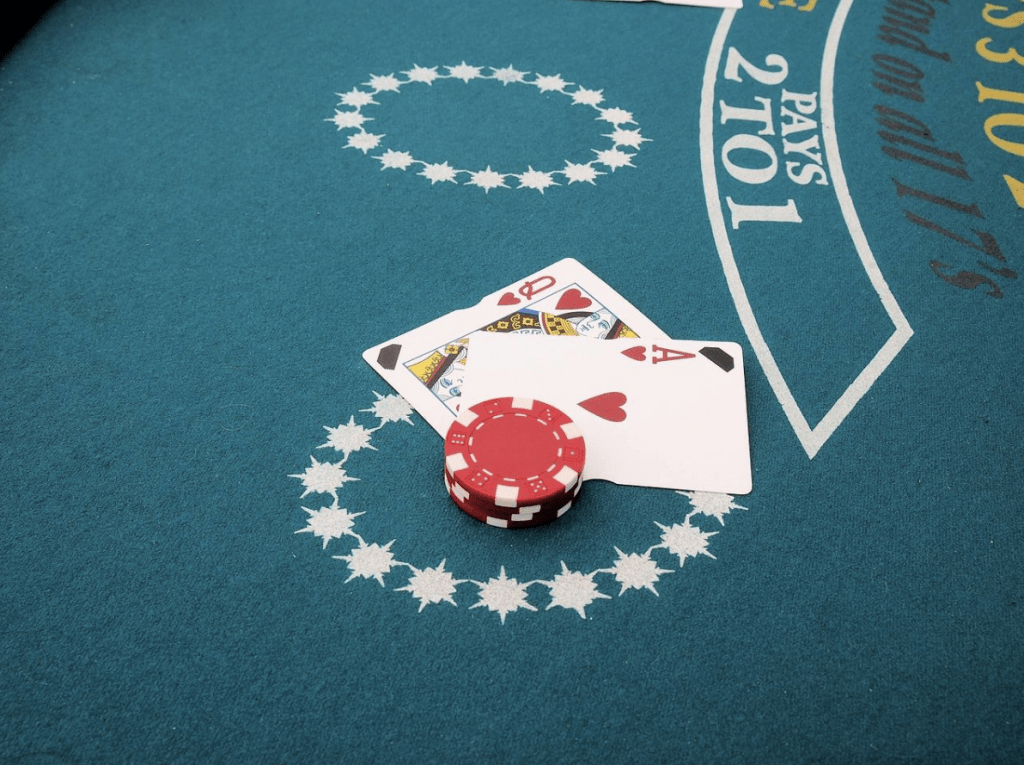Blackjack Statistics Explained
Blackjack seems so simple
I always remember the first time I played Blackjack. My sister’s boyfriend, who had been teaching me backgammon and various card games like rummy, introduced me to the game. I have to say, I was utterly underwhelmed. Compared to the other games he had shown me, it seemed simplistic and unengaging. It felt as though the players did not stand a chance against the dealer, who seemed to have all the power. The fact that we were not placing bets meant it was pretty unexciting, to be honest.
Adored by mathematicians
It was not until years later, when I watched the Hollywood movie Twenty-One, that I had my eyes opened to the mathematical and statistical possibilities of the game. I was entranced. How could something that seemed so simple and random be so complex and seemingly predictable? The film was based on the book “Bringing Down the House: The Inside Story of Six M.I.T. Students Who Took Vegas for Millions”, which explained that the system was beatable.
While I do not recommend following in the footsteps of the M.I.T. students, as they did end up in very hot water, it is still worth taking a look at the statistics that govern the game. A better understanding of chance and probability definitely increases your odds of placing a winning bet. However, if statistics and math are not your strong suit, some golden rules make the game more accessible.
Blackjack is the casino game where the house edge is lowest, meaning players have a better chance of winning at Blackjack than in any other game. However, what is the optimal strategy to apply?
Every decision has a right or wrong answer
Every decision in Blackjack has a mathematically correct answer. By employing basic strategies, you can ensure that you make decisions that keep the house edge as small as possible. How you act depends on what is in your hand. For example, is surrender an option? Do you have pairs, and should you split? Do you have a soft hand (meaning one of your cards is an ace? If so, should you hit or stand?
There are so many possible scenarios and outcomes that it would be impossible to cover all of them here. The most basic statistic, and the one to bear in mind, is that as a player, you have about a 42% chance of winning a hand, and the dealer has around a 49% chance (these percentages vary by rules and number of decks). The missing 9% is accounted for by hands that finish up tied (also known as a push). As you can see, the house edge is pretty slim, and you have a good chance of winning, but you need to hold your head and know what to do in different circumstances.
One scenario explained
Here is a strategy of what you should do if the dealer has 7 and you have 20. The first thing to do is to recognize that you are in a powerful position. 20 is one of the best hands you can hold and is second only to 21 – a natural blackjack. You have the advantage, but what do you do with it?
If you try to add more cards, you risk going bust by exceeding 21 when you hold a hand that is almost impossible for the dealer to beat. The dealer is also in a strong position
with an upturned 7, but they also have a 26% chance of busting. In addition, it is highly unlikely that the dealer’s hidden card will make their hand better than yours. At this point in the game, the odds are in your favor.
The statistics behind this scenario mean that you should play the odds. The chance that the dealer will end up with a hand higher than 20 is lower than the chance of them busting or ending up with a hand lower than 20. Now is not the time to place an insurance bet. If you are offered an insurance bet, refuse it. The dealer has odds of less than a third of scoring 21.
If your 20 is made up of two 10s, it could be tempting to split the hand against the dealer’s seven. However, this would be an error and could cost you as much as 20% of your stake; splitting your hand decreases your very strong hand to two relatively weak hands.
If, like me, you find the maths all a bit overwhelming, you can still enjoy (and win) at Blackjack if you follow some simple rules.
- If your hand total is between 2 and 8 and does not include a pair or an ace, you should hit. Standing at this point would be the wrong move, and it would hardly ever be correct to double down.
- When your hand total is between 9 and 11 but does not have an ace, it is time to double your stake unless the dealer has a 10 or an ace as their showing card.
- When you have 12-16, you should hit if the dealer has a 7 or higher; otherwise, stand. However, if you have a 12 and the dealer has a 2 or a 3, you have a slightly better chance of winning if you hit.
- When you have 17 or above, the statistical advice is to stand regardless of the dealer’s position.
- If you have pairs, the golden rules are:
- Never split 10s, 4s or 5s
- Always split 8s
- If you have an Ace but not a Blackjack, you have a soft hand; different casinos have different rules, so you must check those out and then decide what to do.
Blackjack is an incredibly complex game, particularly when you consider that it can be over within a trice and utilizes so few cards. The skill comes from understanding and making use of the statistics; it is the ultimate game of strategy. It remains incredibly popular despite not having the tension and drama of craps or roulette. It does not have the competitiveness of poker, but it is an absolute titan and icon of casino games. Its very simplicity does mean that some people (like a younger me) can dismiss it and misunderstand it.
Because everything happens so quickly in Blackjack, it is essential to understand strategies before getting involved in real money betting; otherwise, you could find your purse depleting at an alarming rate. Unlike the online slots, this is not just a game of chance. While the cards dealt are down to luck, what you do with your hand is very much a game of skill.





